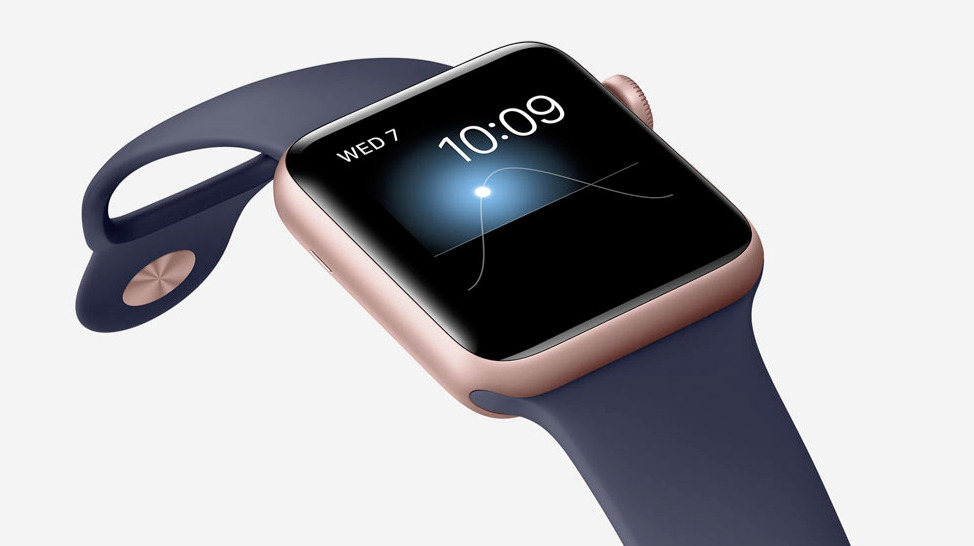The legal battle between UK tax authority HM Revenue and Customs (HMRC) and Apple relates to how the tax authority classifies the strap of an Apple Watch, compared to the rest of the device. Products entering the UK are usually subjected to import duties ranging between 0 percent and 17 percent, with electronics typically deemed as "duty free" goods that avoid the extra tax.
While the Apple Watch does qualify as duty free, HMRC believed the sports wristband of the Apple Watch isn't a core part of the device, making it an accessory. The Telegraph reports HMRC gave the bands a classification of "other plastic," making it subject to a duty of 6.5 percent.
Apple appealed against this classification with the main argument revolving around certain hardware elements failing to work as designed if the strap is not in use. The heart rate monitoring and fitness tracking functions are hampered when the Apple Watch is not worn on the wrist, due to the need for the sensor on the back to be close to the skin.
The security element is also an issue, as the Apple Watch will check to see if it has been removed from the wrist since the last time the user successfully authenticated themselves. While this impedes access to core functions, this also makes the use of Apple Pay for transactions extremely challenging to users.
Judge Guy Brannon, presiding over the First-tier tax tribunal case, ruled that the "mechanical or electrical functioning of the Apple Watch is not dependent on the band." Noting that a number of functions required skin contact in order to work, there was no evidence to suggest the functions would be disabled if the Apple Watch was held against the wrist or by some other attachment mechanism than the sport band, "however unsatisfactory that may be."
"The Apple Watch is a self-contained, fully functioning electrical machine and the band is not part of that machine."
"The Apple Watch falls into an ever-increasing range of products that fall into the category of wearable technology," said Apple's barrister Stephen Cock. "Such products are specifically designed to be worn by the user in order to provide for a variety of roles. Without the band the Apple Watch cannot be worn and so it cannot fulfill its designed role."
It is noted that the ruling only applies to the plastic sports wristband imported on it's own, not other straps offered for the Apple Watch, and not instances where the Apple Watch is imported with the sports band pre-attached.
It is also unclear if Apple owes any taxes over the matter, as there is no mention in the ruling of whether Apple has continued to pay the duty or decided to withhold it until after the appeal.
Apple vs HMRC Watch Band Tax Tribunal Ruling March 2017 by MalcolmOwen on Scribd
 Malcolm Owen
Malcolm Owen







-m.jpg)






 Wesley Hilliard
Wesley Hilliard

 Andrew Orr
Andrew Orr
 William Gallagher
William Gallagher
 Sponsored Content
Sponsored Content
 Christine McKee
Christine McKee

 Thomas Sibilly
Thomas Sibilly







26 Comments
Are regular watch bands taxed separately? If not, this is a stupid argument by the judge...
The article fails to mention how other products are taxed. Does a exercise band (heart rate monitor) get a tax on the band? Technically it also doesn't need a band to function.
Is it a watch ⌚️ without a band. It would just be a portable computer
They only tax bands that are imported and sold separately from the Apple Watch, so I don't disagree with the judgment. People buy extra bands for the watch, and that's technically "buying an accessory".
Seems like a real stretch on Apple's part here. The vast majority of items they sell are electronic devices, but the individual wristbands? I trust they won't also go to court to argue that their iPhone cases (without the build-in battery) are electronic devices as well.